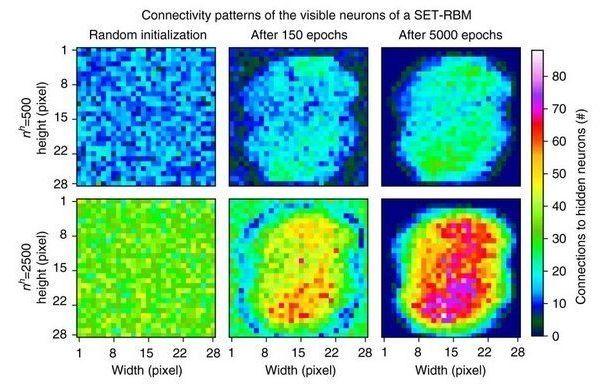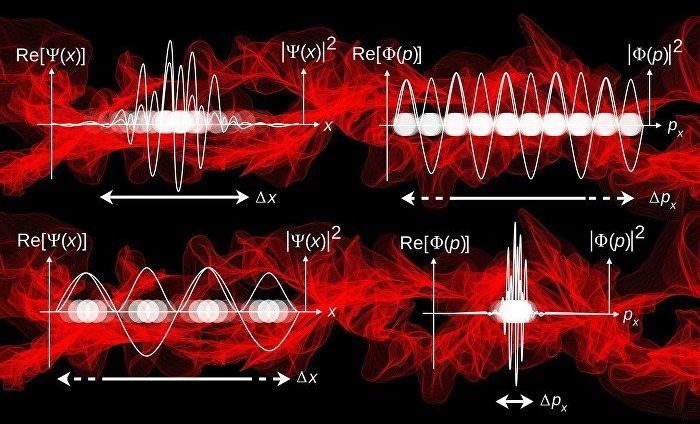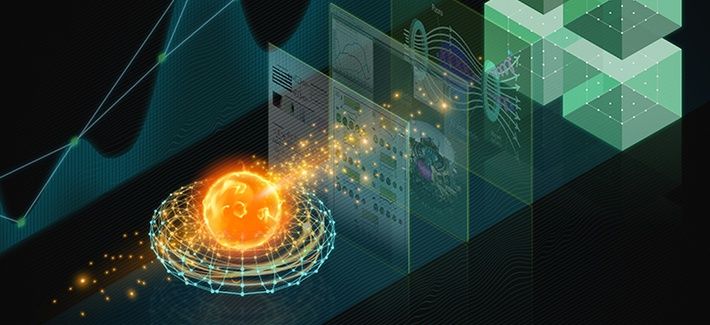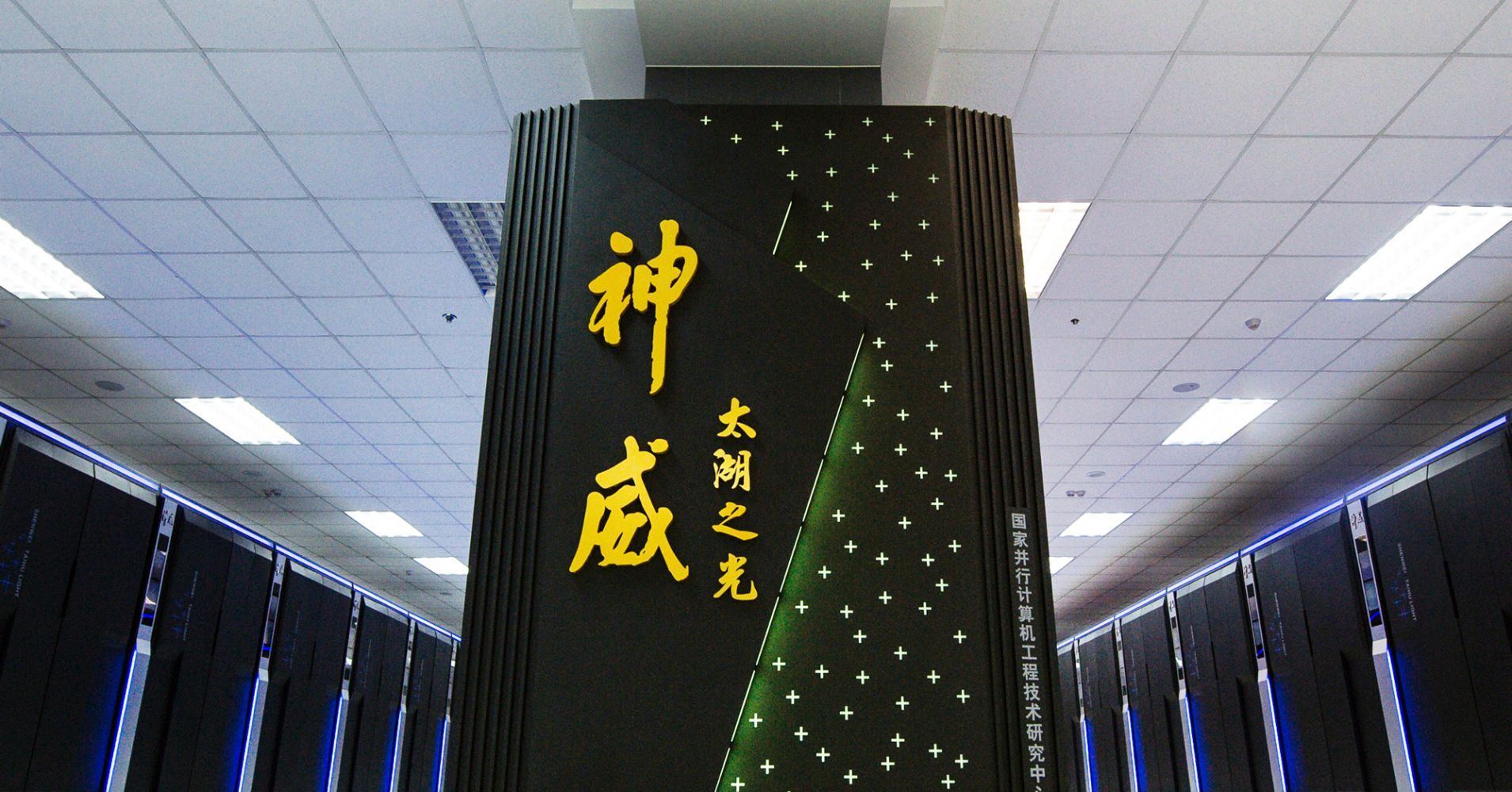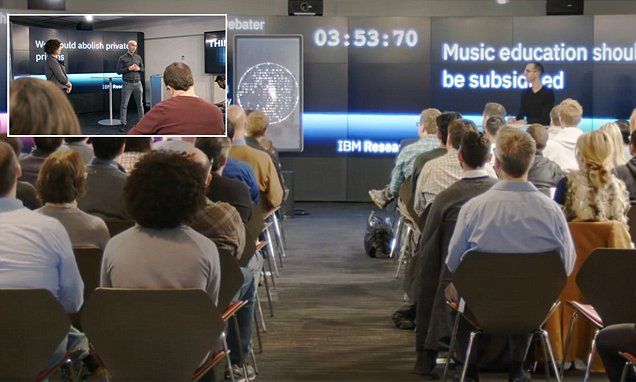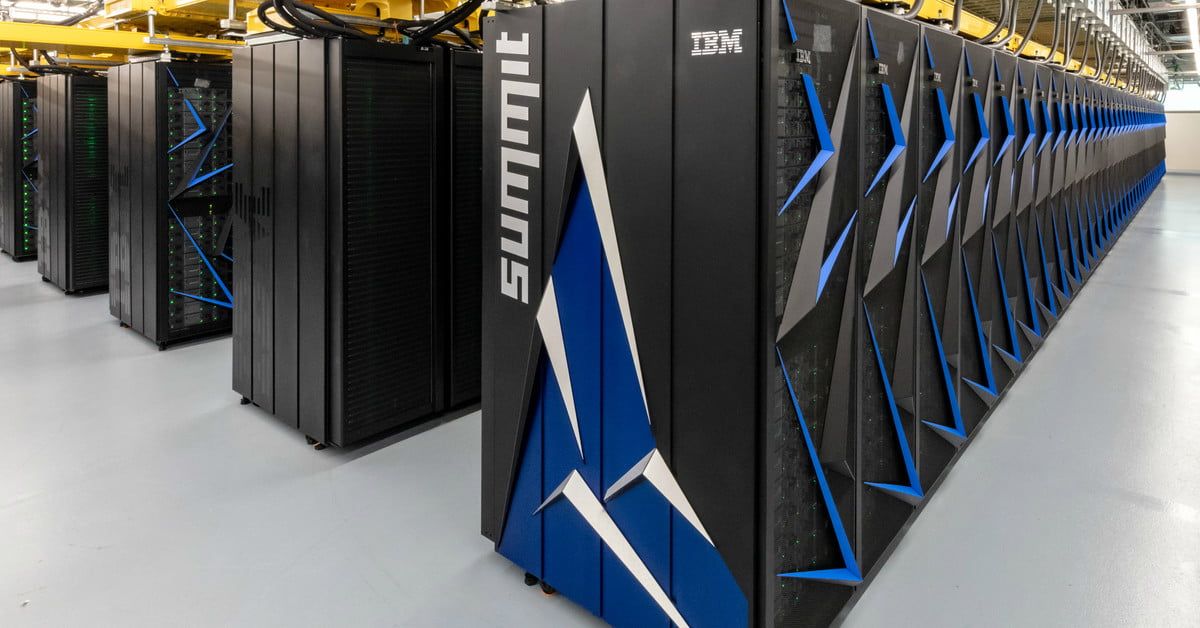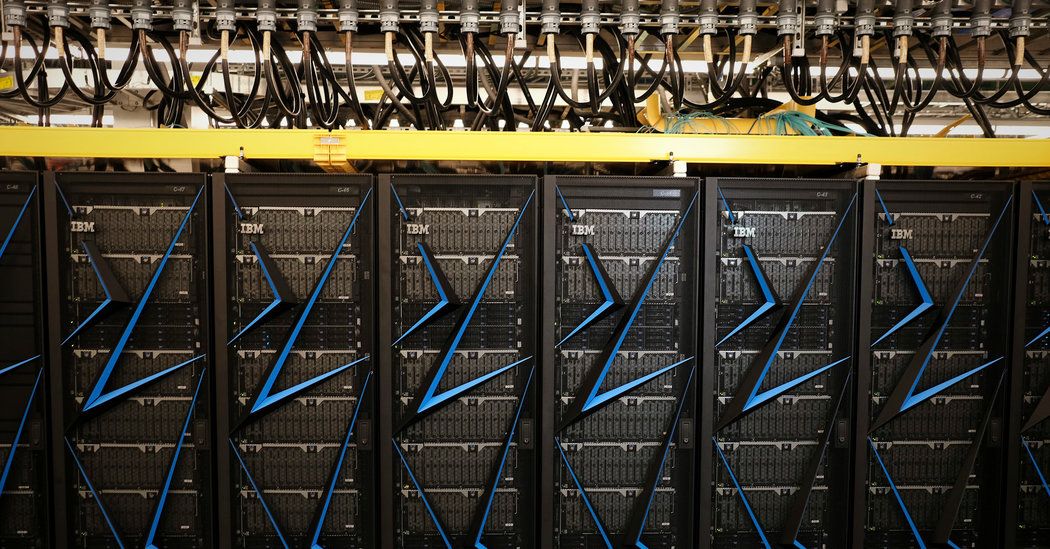Jul 13, 2018
New AI method increases the power of artificial neural networks
Posted by Shailesh Prasad in categories: information science, robotics/AI, supercomputing
An international team of scientists from Eindhoven University of Technology, University of Texas at Austin, and University of Derby, has developed a revolutionary method that quadratically accelerates artificial intelligence (AI) training algorithms. This gives full AI capability to inexpensive computers, and would make it possible in one to two years for supercomputers to utilize Artificial Neural Networks that quadratically exceed the possibilities of today’s artificial neural networks. The scientists presented their method on June 19 in the journal Nature Communications.
Artificial Neural Networks (or ANN) are at the very heart of the AI revolution that is shaping every aspect of society and technology. But the ANNs that we have been able to handle so far are nowhere near solving very complex problems. The very latest supercomputers would struggle with a 16 million-neuron network (just about the size of a frog brain), while it would take over a dozen days for a powerful desktop computer to train a mere 100,000-neuron network.
